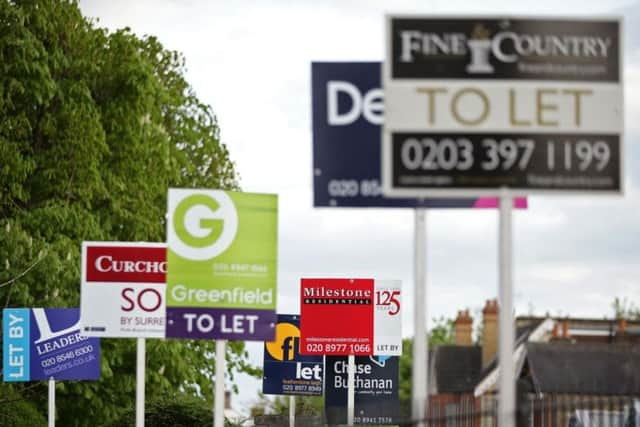New decade will be defined by legacy of the baby boomers – David Behrens


I belong to the generation for whom the tie is worn as a badge of uniform – neatly knotted, half-Windsor style. The generation before me wore hats as well – a fedora tipped at a rakish angle, like Bogart or Sinatra, or for those moving with the times, a natty tweed trilby.
Our wardrobes match our attitudes: they become more liberal with every passing generation. Those born between 1965 and 1980, the so-called Generation X, have abandoned ties in favour of one or two buttons opened at the neck. Millennials have done away with collars altogether.
Advertisement
Hide AdAdvertisement
Hide AdI hadn’t given my tie rack any thought until recently when a former colleague fished out a snapshot of me wearing one on an office day out to Blackpool, 30-odd years ago. We knew how to dress up in the 1980s.


We remember those years now as a time of excess, of upward social mobility and of power-dressing – even on Blackpool Pleasure Beach.
As they drew to a close, and the guilt of our collective selfishness set in, we over-compensated by christening the Nineties the “caring” decade.
It was a tag that stuck for some time. There wasn’t an advert on TV that didn’t emphasise how deeply the company in question cared about whatever it was that they didn’t really give a toss about.
Advertisement
Hide AdAdvertisement
Hide AdNo-one looks back on it now as a time of caring. It was a decade of Westminster sleaze, of personal computers and the false hope of a new dawn under a Tony Blair government.
The decade that will end next Tuesday will be seen in a different light again. It will be remembered for Brexit, Donald Trump and the distorted reality inhabited by those on social media.
But what of the one about to begin? I fear it will be defined by the fractured legacy that my generation, the tie-wearing “baby boomers” of the post-Second World War period, will leave to the one that follows.
Nearly half the population, according to the Sutton Trust charity, now believes that young people will have a worse time of it than their parents. They are caught in a downward spiral that is the very opposite of our social trajectory in the 1980s. Their prospects of owning a home are reduced; their chances of a decent pension minimal.
Advertisement
Hide AdAdvertisement
Hide AdHere are 1.4 million reasons why social care crisis must now be confronted by next PM - Mike Padgham
The disparity is most evident amongst millennials, those aged 25-34, only one in five of whom are said to hold out the hope of a better future. That is a depressing note on which to begin a new chapter.
To some extent, it was always thus. Golden eras are only ever apparent with hindsight. Some 45 years ago, when I first knotted my tie to go to work, people told me that the good times had already gone; jobs had become thinner on the ground. In retrospect, they were as abundant as apples in August. You could pick whichever you liked the look of.
That is still the case in a select few orchards, where demand for specialist talent outstrips supply. But most young people will face the hard reality of having to downwardly manage their expectations.
Advertisement
Hide AdAdvertisement
Hide AdAnd what of those of us who will grow old in the 2020s, perhaps older than any generation before us? Will the cost of our social care rob our children of the money we had put aside for them, along with their optimism?
We must take whatever comfort we can from the more stable era of politics the new decade will usher in. The unexpected consensus of December 12 may have been the product of frustration rather than hope, but it has handed our politicians a once-in-a-lifetime opportunity to redefine what it means to be retired and British. Other countries – the ones people aspire to live in – have devised insurance schemes to help map a path through later life. Our own attempt to smooth the passing of the generational baton must not be another false dawn.
I’ve never heard of anyone wanting to retire to Britain, and not just because of the weather. It has been no place to grow old – not by choice, at any rate.
Advertisement
Hide AdAdvertisement
Hide AdIt would be counterproductive to argue with Stephen Cottrell, the next Archbishop of York, when he says that Boris Johnson’s promise to lead a “one nation Britain” deserves our support. Bishop Cottrell wears a dog collar, not a tie, but he belongs to the same generation as me. We should stick together; it’s us against the millennials now. Happy New Year.